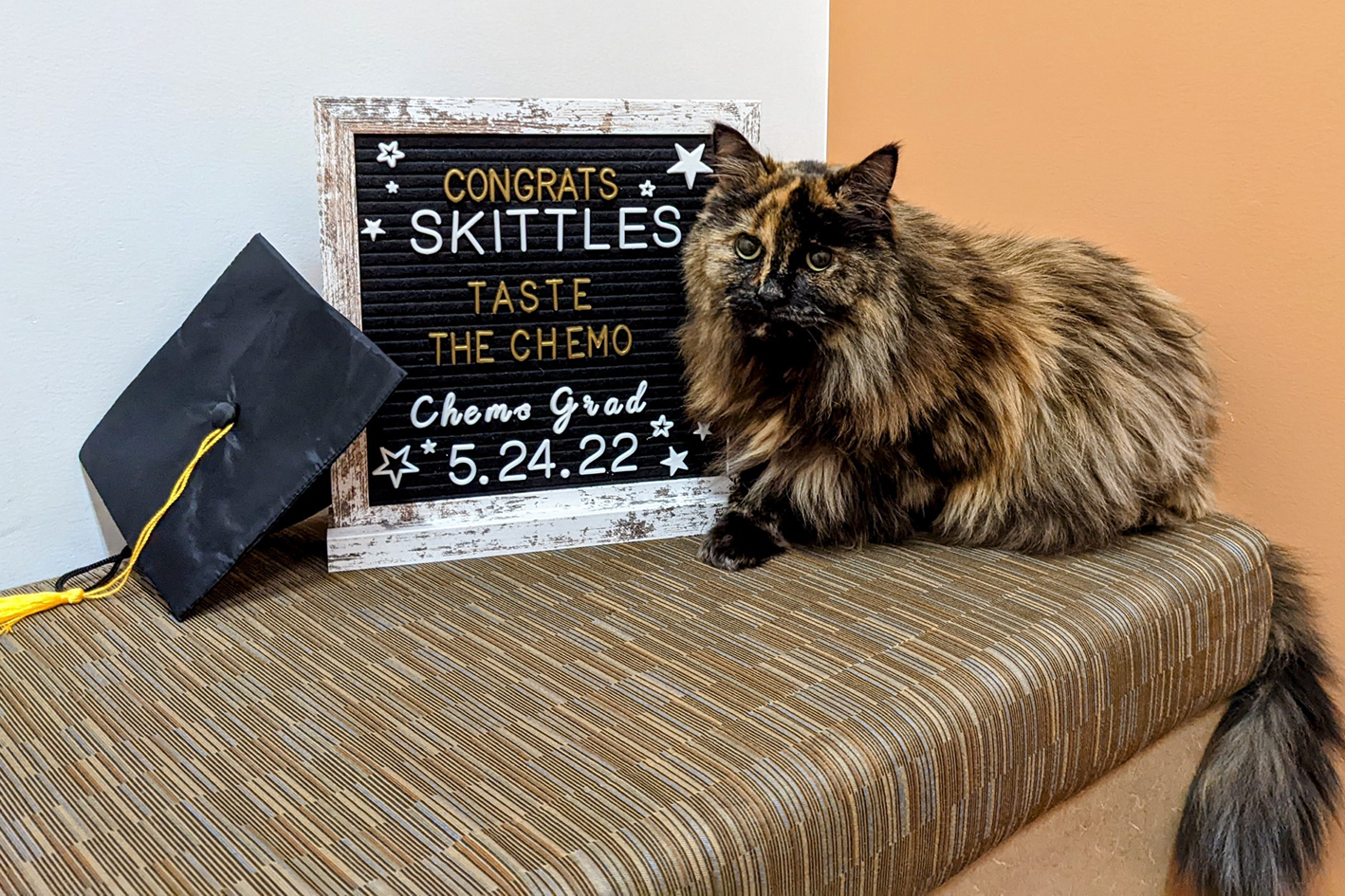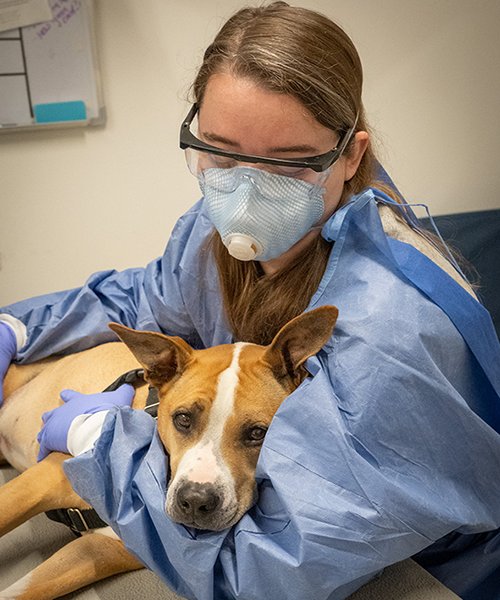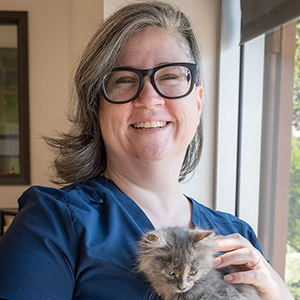

Surgery is a commonly used treatment option for pets with cancer. The best chance to achieve complete surgical removal of the tumor is during the first surgery and is often best performed by a board-certified surgeon experienced in surgical oncology. Depending on the cancer, chemotherapy or immunotherapy may be recommended after surgery to improve your pet’s outcome.
Chemotherapy is often used to treat cancer that has spread (or has the potential for spread) to other parts of the body or to treat cancer that cannot be treated with surgery alone. Chemotherapy can be administered intravenously on an outpatient basis or prescribed to be given orally at home. The goal of chemotherapy is to treat cancer as effectively as possible while still providing the best quality of life to your pet. Chemotherapy is typically not expected to cure cancer in most cases, but rather control cancer by slowing the spread or recurrence. Most pets have an excellent quality of life during chemotherapy treatment.
Immunotherapy is a type of cancer treatment that stimulates your pet’s immune system to fight cancer. One example is the canine melanoma vaccine, which is used for the treatment of a type of oral cancer in dogs called malignant melanoma. This form of treatment is very well tolerated and may help improve the outcome in dogs with oral malignant melanoma.
Palliative care is a type of treatment that focuses on providing relief from the symptoms and pain associated with cancer. The goal of palliative care is to improve the quality of life of your pet. Palliative care may involve giving oral pain medications at home, drugs to stimulate the appetite, or treat nausea, and nutritional support.
Other cancer treatments include radiation therapy and electrochemotherapy. When recommended for your pet, we will refer you to a radiation oncologist or electrochemotherapy specialist.



